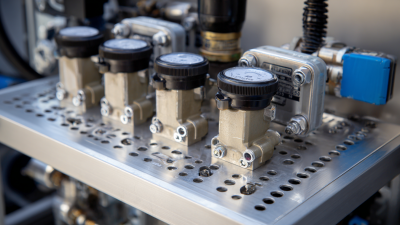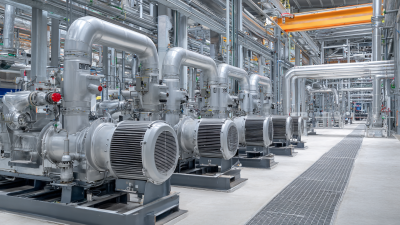5 Essential Tips for Choosing the Right Vacuum Blower Pump for Your Needs
When it comes to selecting the right vacuum blower pump for your specific applications, the decision can greatly impact efficiency and performance. With a variety of options available, understanding the core features and functions of different vacuum blower pumps is crucial. This guide aims to provide essential insights that will help you identify the most suitable model for your needs.
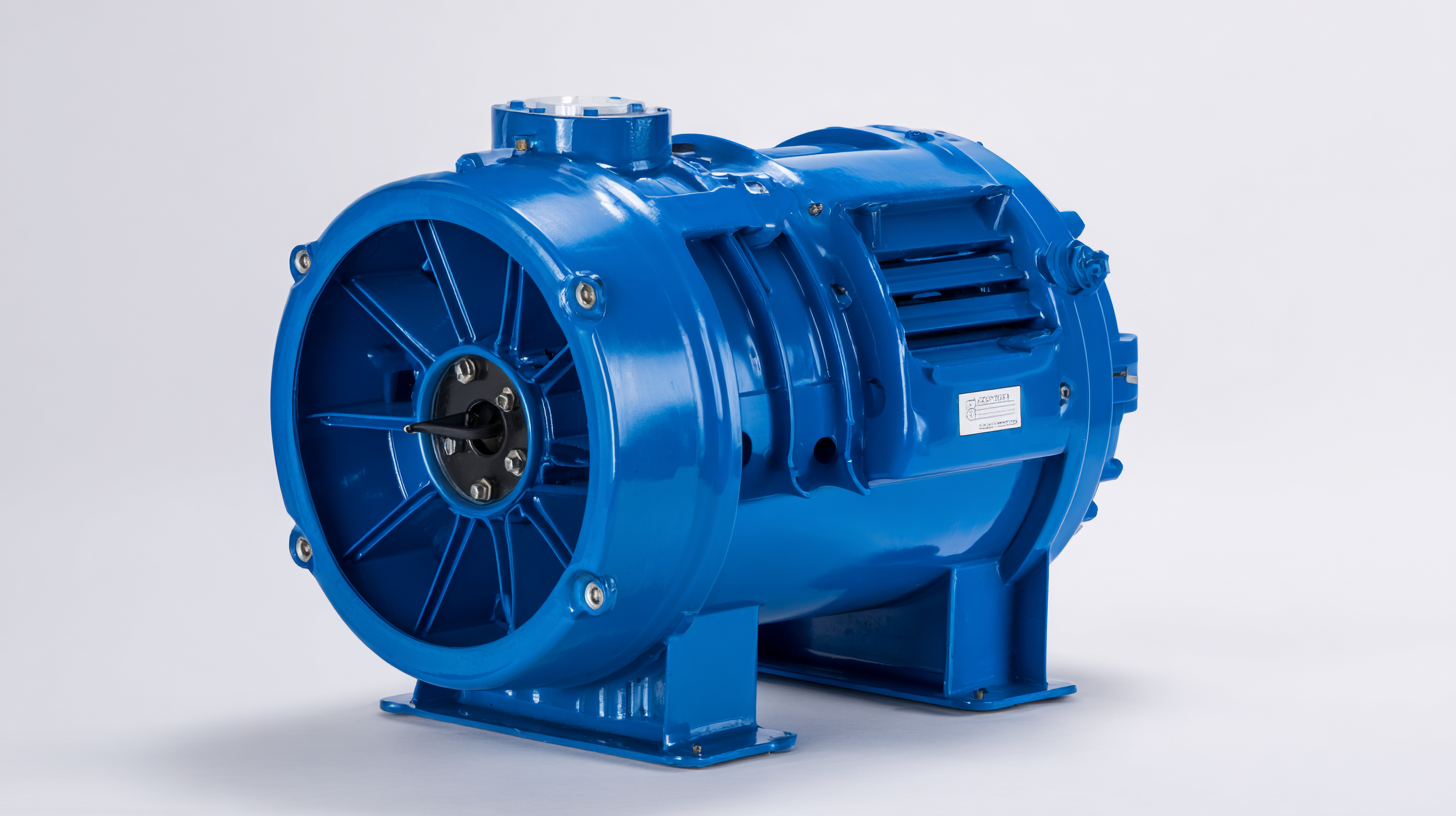
Whether you're looking for a pump to handle heavy-duty tasks, or simply need a reliable unit for light industrial use, considering factors such as airflow rate, vacuum pressure, and energy efficiency will ensure optimal results.
Additionally, we will explore common applications and the importance of selecting a vacuum blower pump that aligns with your operational requirements, paving the way for improved productivity and reliability in your tasks.
Key Considerations When Selecting a Vacuum Blower Pump for Your Application
When selecting a vacuum blower pump for your application, it is essential to consider several key factors to ensure optimal performance. First, assess the specific requirements of your application, including the desired flow rate and ultimate vacuum level. Different pumps are designed for various capacities, so choosing one that aligns with your operational needs is crucial for efficiency. Additionally, consider the materials of construction, as certain applications may involve corrosive or abrasive substances that necessitate specialized materials for longevity.
Noise levels and energy efficiency are also important considerations. Some vacuum blower pumps operate at significantly higher decibel levels, which can be a concern in noise-sensitive environments. Therefore, evaluating the sound output of prospective models can help maintain a comfortable working atmosphere. On the energy efficiency front, look for pumps that offer robust performance with lower power consumption, as this can lead to cost savings over time while minimizing the environmental impact. Assessing these factors will greatly assist in selecting the right vacuum blower pump tailored to your specific needs.
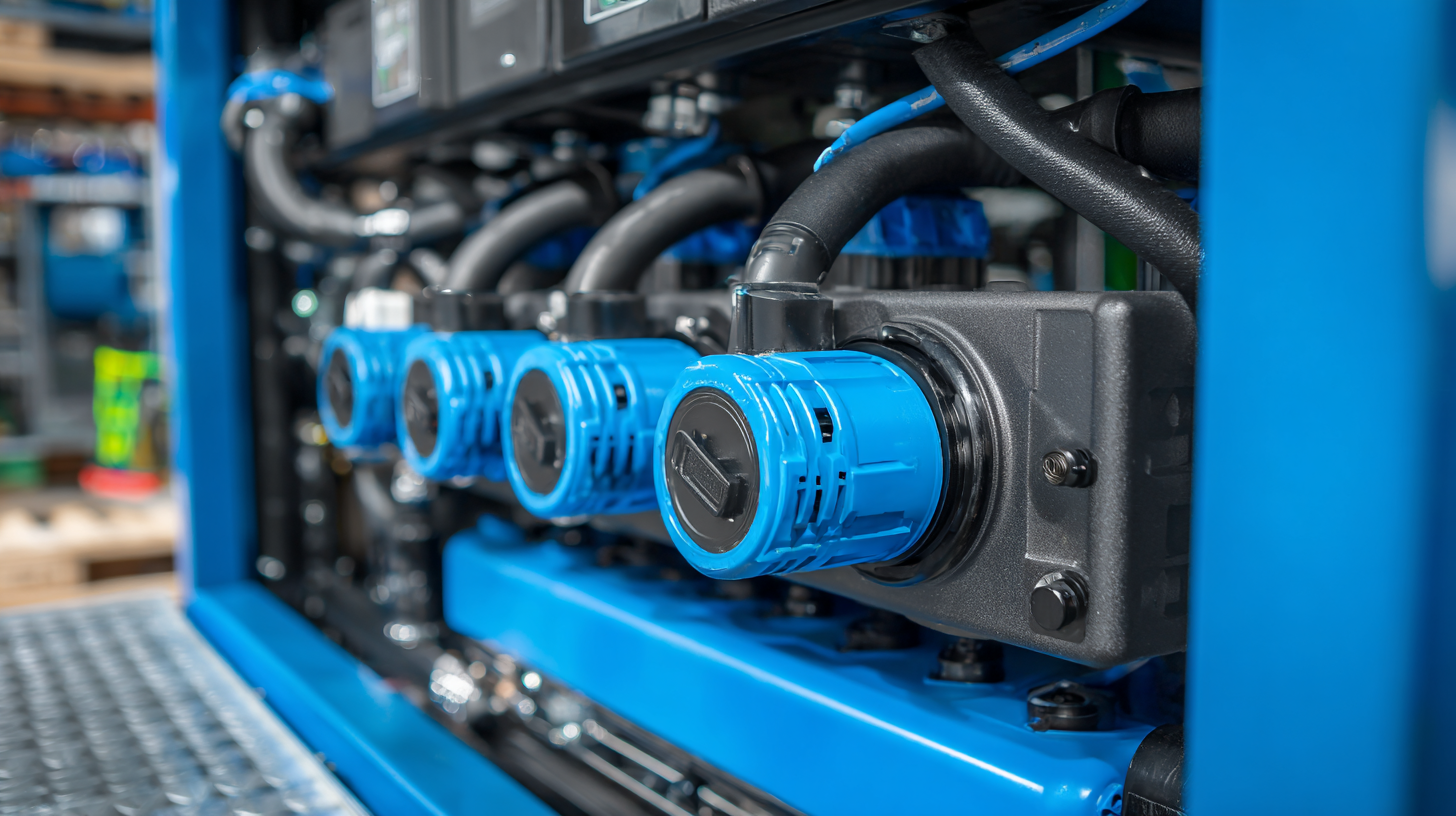
Understanding Different Types of Vacuum Blower Pumps: A Comprehensive Guide
When selecting a vacuum blower pump, it's crucial to understand the different types available to meet your specific needs. The most common types include rotary vane pumps, diaphragm pumps, and liquid ring pumps. Rotary vane pumps are known for their reliability and efficiency in various applications, making them ideal for general-purpose use. Diaphragm pumps, on the other hand, offer contamination-free operation and are perfect for applications requiring a high level of vacuum without the risk of oil contamination.
Another important type is the liquid ring pump, which utilizes a liquid to create a seal, allowing for the handling of vapors and a wide range of gases. This makes it suitable for industries where moisture or corrosive gases are present. Understanding the unique attributes of each type enables users to make informed decisions that align with their operational requirements, budget, and maintenance capacities. Selecting the right vacuum blower pump can significantly impact efficiency and productivity in any vacuum application.
Vacuum Blower Pump Performance Comparison
Assessing Performance Metrics: How to Evaluate Pump Efficiency and Capacity
When selecting a vacuum blower pump, assessing performance metrics is crucial to ensure you meet your specific needs. Start by examining the pump's efficiency rating, which indicates how effectively it converts energy into vacuum pressure. A higher efficiency rating typically correlates to lower operational costs and better performance in continuous tasks. Look for models with variable speed options, as these can optimize energy use and adapt to different applications.
Another essential metric is the pump's capacity, measured in terms of flow rate and ultimate vacuum. Understanding your application’s requirements will help you choose a pump that can maintain the necessary vacuum levels. For instance, industrial processes may demand higher capacities compared to small-scale operations. Make sure to consider the pump's ability to handle fluctuations in demand to avoid overstressing the system.
Tip: Always consider the manufacturer's specifications and customer reviews. This insight can provide valuable information about reliability and performance, guiding you toward a choice that aligns with your needs. Additionally, take into account the maintenance requirements of the pump; a unit that is easy to service can save you time and reduce downtime in your operations.
Budgeting for Your Purchase: Cost vs. Value in Vacuum Blower Pumps
When considering a vacuum blower pump, budgeting becomes a critical factor in ensuring you get the best cost-to-value ratio. It's essential to evaluate your needs and compare various models to find one that not only fits your budget but also delivers the performance required for your specific tasks. This involves looking at features, brand reliability, and user reviews to understand what you can expect from different price points.
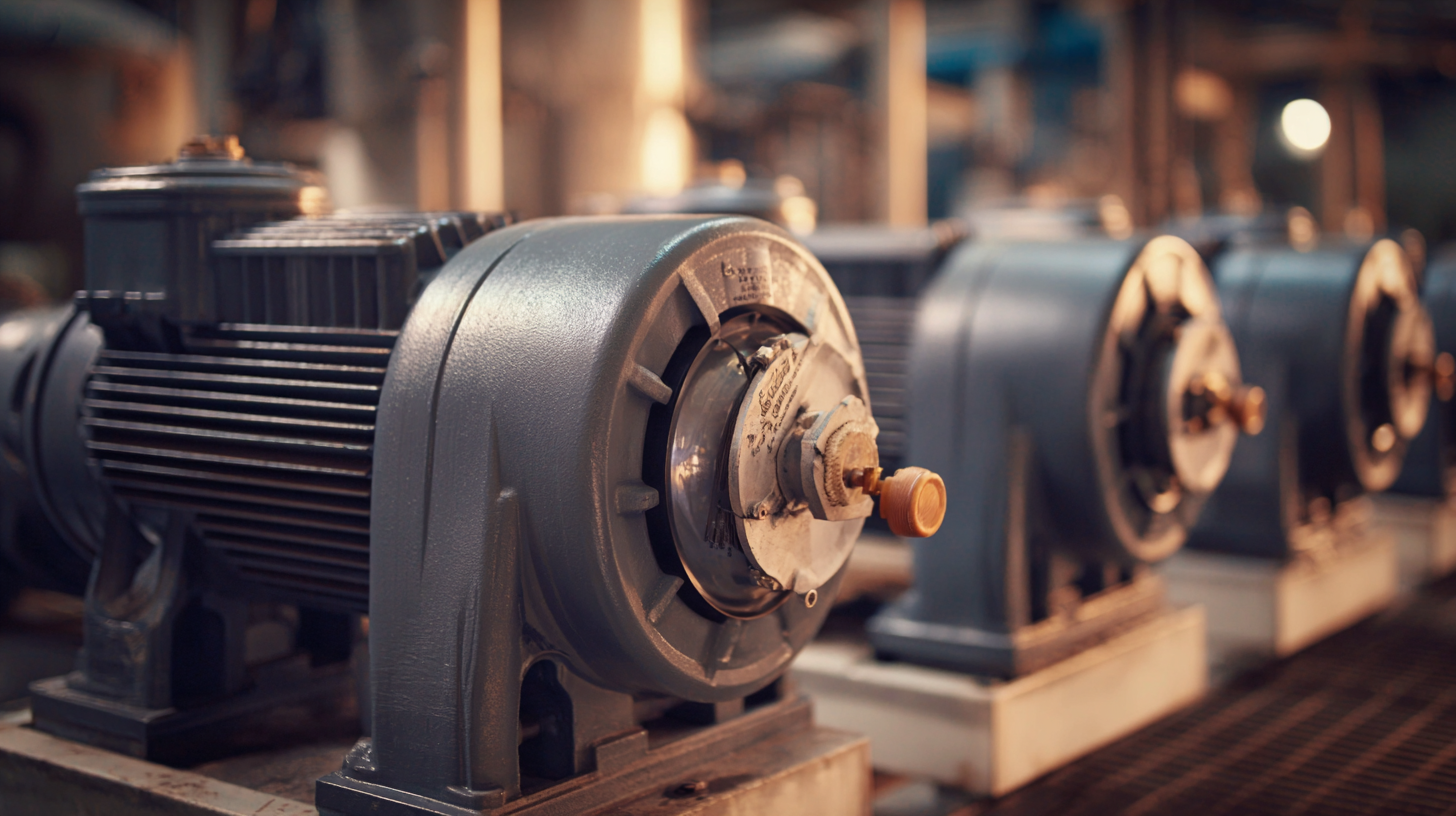
As you explore options, remember that cheaper models may save you money upfront but could lack the durability or efficiency of higher-end products. Investing in a quality pump can lead to greater long-term savings, as it will likely require less maintenance and provide superior performance. Additionally, consider the potential for versatile use; a pump that can adapt to multiple applications might be worth the extra cost, providing greater value overall. Balancing your budget with these considerations will lead you to a well-informed purchase.
Maintenance and Support: Ensuring Longevity and Reliability in Your Pump Choice
When selecting a vacuum blower pump, maintenance and support are crucial factors that can significantly influence the longevity and reliability of your equipment. Regular upkeep not only extends the life of the pump but also ensures optimal performance, which is vital for any application. Understanding the maintenance needs of various pump types will help you make an informed decision. For instance, some pumps may require more frequent oil changes, while others might need less regular servicing. Evaluating the accessibility of replacement parts is equally important; a manufacturer that offers easy access to components can save you time and resources in case repairs are necessary.
Furthermore, having robust customer support from the manufacturer can make a significant difference in the operational efficiency of your vacuum blower pump. When challenges arise, whether technical or operational, responsive and knowledgeable support staff can assist in resolving issues promptly. Choosing a supplier with a strong track record of customer service, coupled with comprehensive documentation and resources for your pump model, will enhance the overall experience. By prioritizing these elements during your selection process, you can ensure not only a capable vacuum blower pump but also peace of mind knowing that help is available whenever it is needed.
